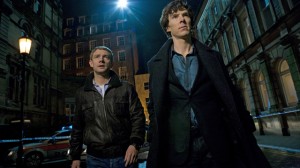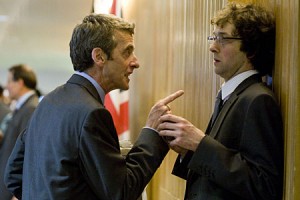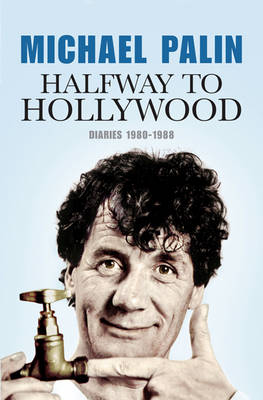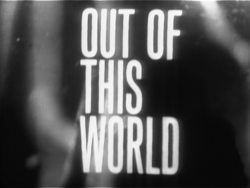by DAVID ROLINSON
Writer: Steven Moffat; Director: Paul McGuigan
The most impressive thing about A Study in Pink, the brilliant first episode of new series Sherlock, is that, for all the modern-day rebooting and visual invention, its spirit and detail are so faithful to the source work by Sir Arthur Conan Doyle. As in his Doctor Who work, writer Steven Moffat brings a fan’s eye to the strengths and weaknesses of his beloved source material, developing the series format with fellow executive producers Sue Vertue and fellow Holmes and Who expert (and writer of episode 3) Mark Gatiss. A Study in Pink captures the essence of Holmes’s 19th century debut – reworking A Study in Scarlet (1887) and elements of Holmes’s second story, The Sign of Four (1890) – in a package that, with the impressive pace and technique of director Paul McGuigan, makes for one of the 21st century’s sharpest 90 minutes of popular drama to date.



 g, production, post-production, critical reception and awards nominations (plus Palin’s unusually scathing comment that the London Film Festival were ‘Snobs’ to pass on it).
g, production, post-production, critical reception and awards nominations (plus Palin’s unusually scathing comment that the London Film Festival were ‘Snobs’ to pass on it).